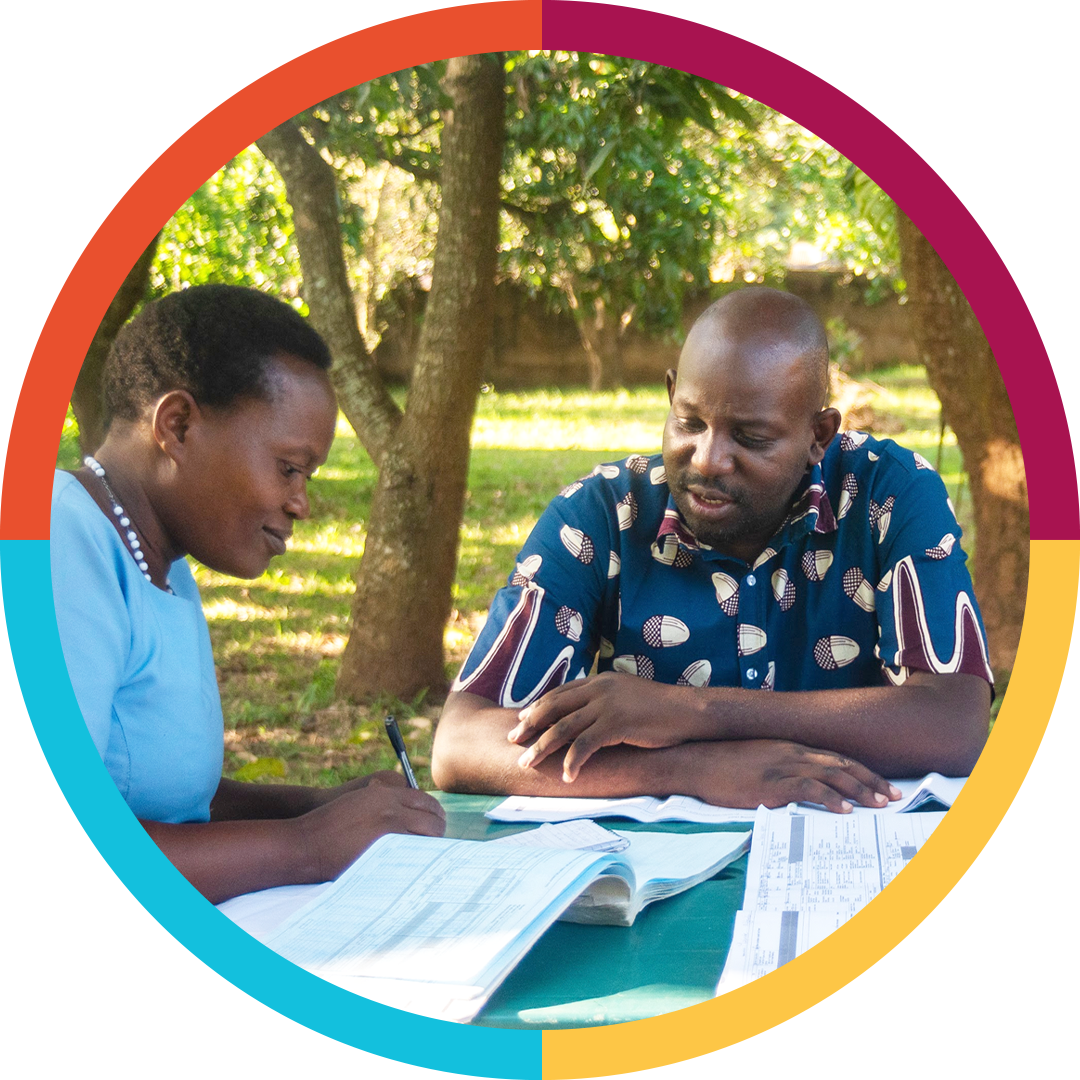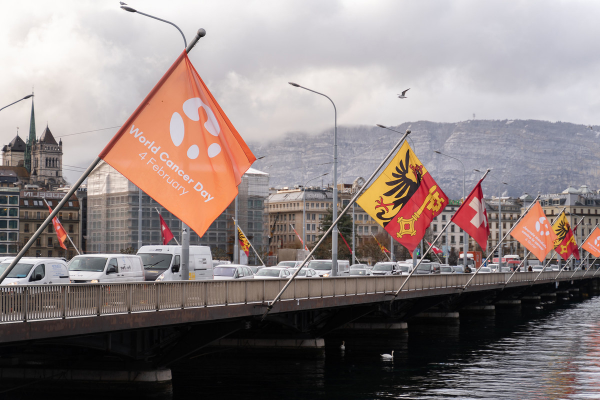As we now know, this past 4 February, “anything” did come to pass.
In the days and weeks leading up to World Cancer Day, the murmurs of the coronavirus became louder. Some of our members understandably decided to postpone their World Cancer Day events. Media outlets were waiting to see how this new virus would develop as a story. And nearly nine million tweets mentioning “coronavirus” in the lead up to and after World Cancer Day (from 21 January to 12 February) showed that people were starting to pay attention to this new health threat.
Building a campaign worth talking about
World Cancer Day is a year-round effort to build a campaign worth supporting, a campaign worth talking about – whatever might be happening in the news cycle, trending on social media or vying for the world’s attention. But COVID-19 presented something wholly different.
Looking back, there are elements of the 2020 campaign that likely counted in World Cancer Day’s favour to deflect some – though not all – of the impact of the coronavirus.
Empowered members
The press story for World Cancer Day 2020 was strong: an exploration of the striking findings from an international public opinion survey on cancer commissioned by the Union for International Cancer Control (UICC). A week before the press story’s embargo was lifted, UICC member organisations – who are key to amplifying World Cancer Day – were invited to a detailed briefing via video call. Members were taken through the headlines and the findings and were given exclusive access to the survey report and a press kit that included a template press release for localised use.
Partnerships for amplification
UICC collaborated with the World Health Organization and the International Agency for Research on Cancer on the launch of their own respective reports on the day, which leveraged a powerful opportunity for World Cancer Day to gain even greater exposure with breaking news on the latest cancer information.
Supporters were hungry for content
Tapping into the trend for live content, UICC organised a virtual programme of broadcasts throughout the day with its members, partners and supporters for the very first time. Content was streamed using Facebook Live from over 17 locations around the world. Amassing tens of thousands of views, supporters watched as World Cancer Day events unfolded hour by hour across the world. Meanwhile on the World Cancer Day’s homepage, a heatmap was giving a live play-by-play of activity on social media.
Building momentum
Through a drumbeat approach, supporters were encouraged to post on social media in the weeks and days leading up to the day itself, building momentum like a freight train: one that was hard to stop. In the end, World Cancer Day became a global trending topic on Twitter, with over 700,000 social media mentions.
Creating a campaign worth talking about isn’t about talking over, drowning out or doggedly ignoring the events of the day. Instead, the approach was to acknowledge, listen, tap into what was happening, and respond swiftly.
What the coronavirus has taught us
As we look ahead to adapting to a post-lockdown world, being more virtual will become part of World Cancer Day’s DNA.
Yet, merely adopting a more digital posture for the sake of it won’t be the golden ticket to a successful campaign.
Rather, it’s how these digital tools and technologies help to achieve the key campaign tenets: listening to supporters, creating a shared process, placing supporters at the heart of the conversation, developing a sense of ownership, and providing resources, tools and platforms so that supporters are enabled to amplify the campaign narrative more widely and visibly.
What the coronavirus pandemic has shown us is the universal need for connection, for community and for togetherness.
We also witnessed the impressive speed in which mobilisation and support took place, the creativity and resourcefulness of everyday individuals, and we were reminded that our community is a connected one – even when physically apart. And this gives me hope that by tapping into this, we can continue to build World Cancer Day as a global movement that is not defined by physical proximity but rather defined by our shared sense of purpose. “More broadly, I believe that the whole NCD community can take this moment – and momentum – to not only embrace initiatives like World Cancer Day, but to unify on the common issues surrounding NCDs and health.”
2021 will be the last year of the three-year ‘I Am and I Will’ World Cancer Day campaign. No doubt, it will look different to how we first began. Yet the heart and the core of the message remains the same: that whoever we are, we are all empowered to do something about cancer.
About the author
Thuy Khuc-Bilon is the World Cancer Day Campaign Manager at the Union for International Cancer Control, working alongside its members, cancer organisations and hospitals, corporate partners, cities, schools and the general public, to help empower their involvement in this growing, global movement. Her work and curiosity had led her to marketing, branding and communication roles in higher education, the arts and in public health - in Australia, Canada, the UK and Switzerland.


 ES
ES
